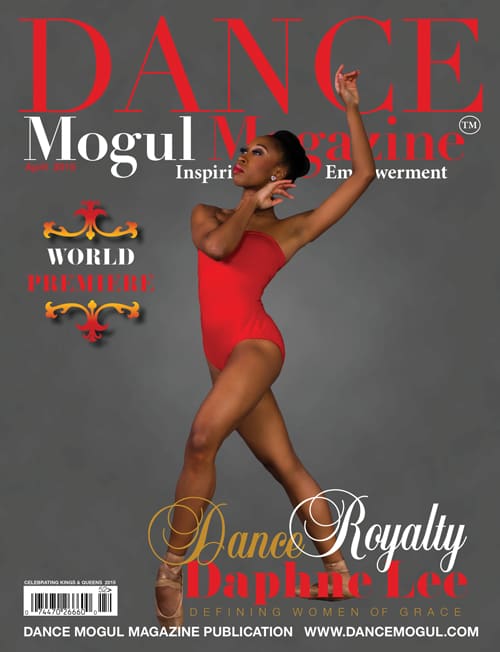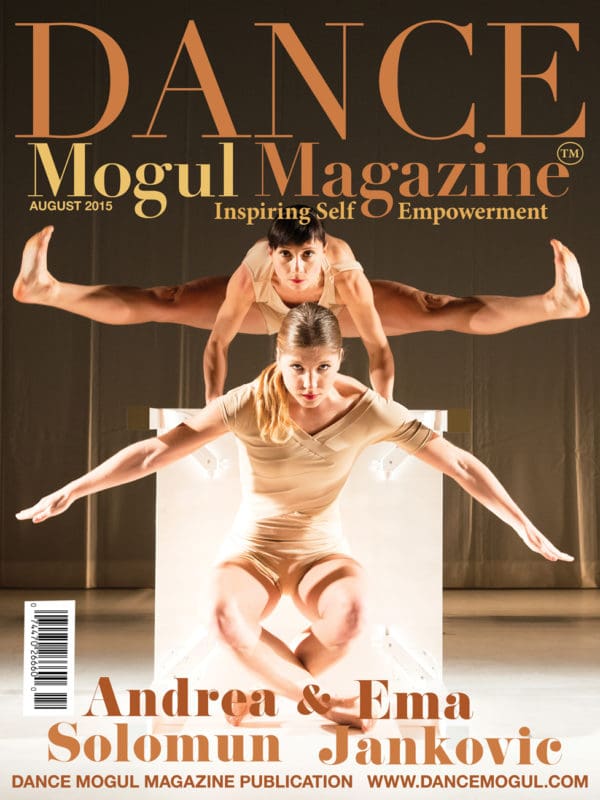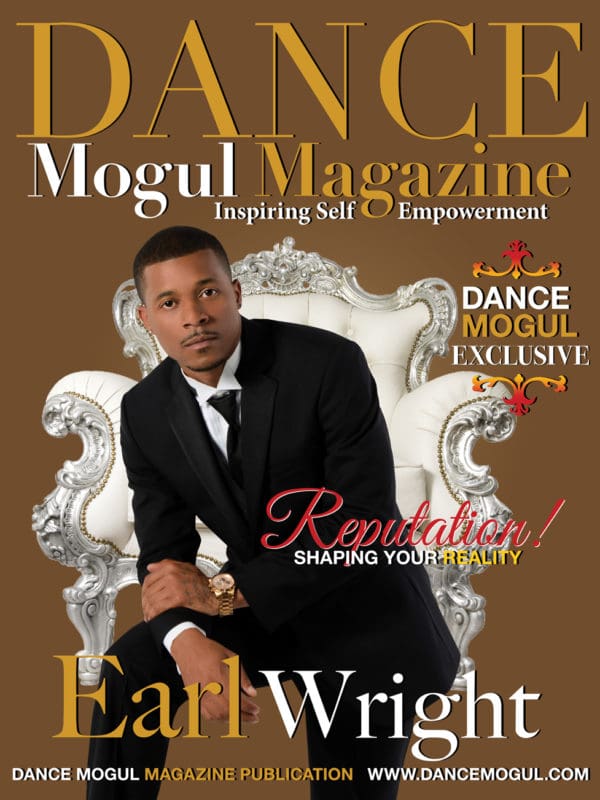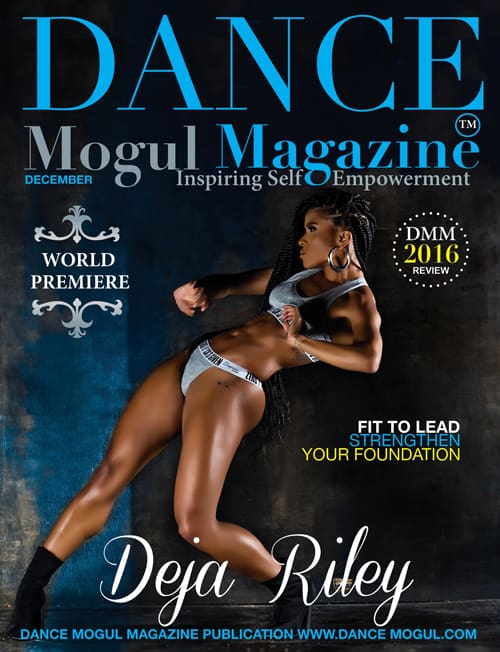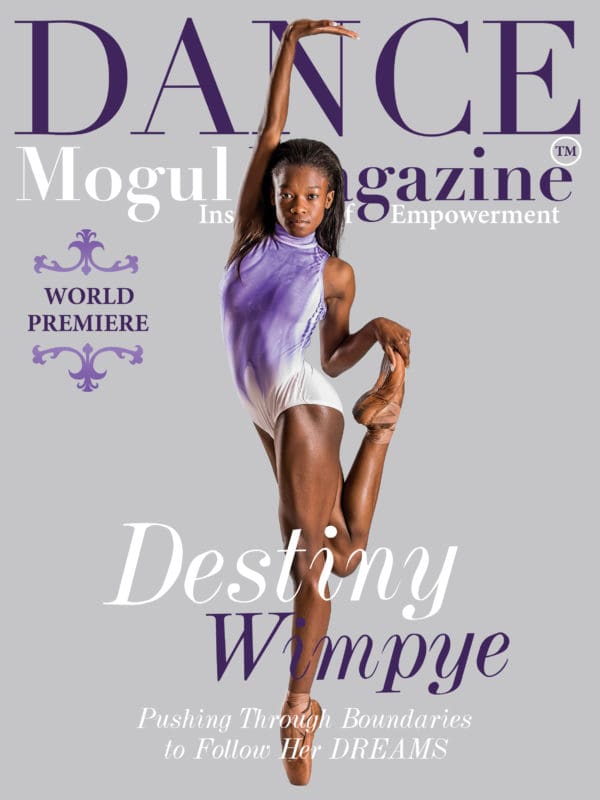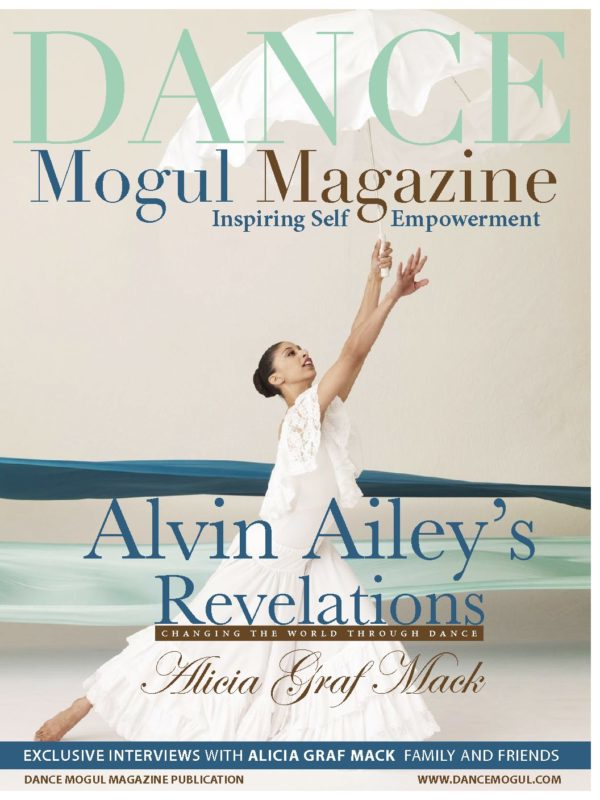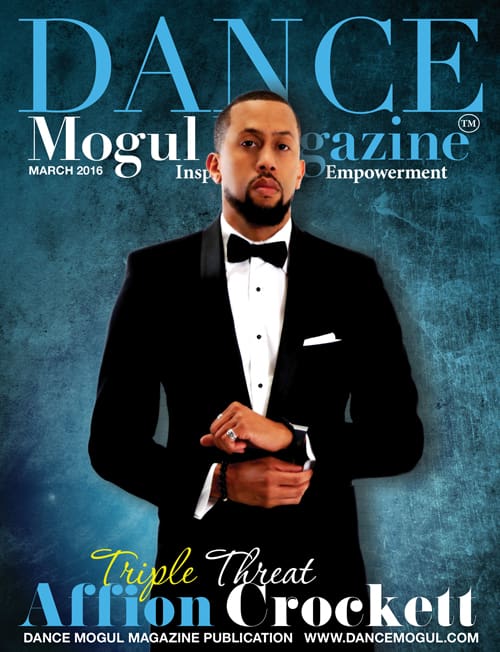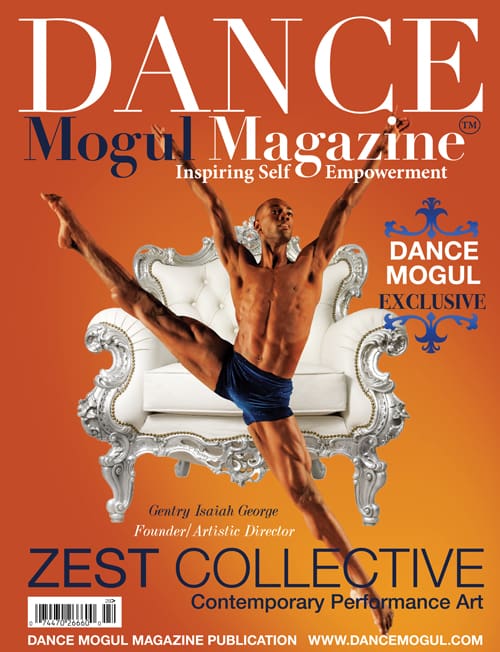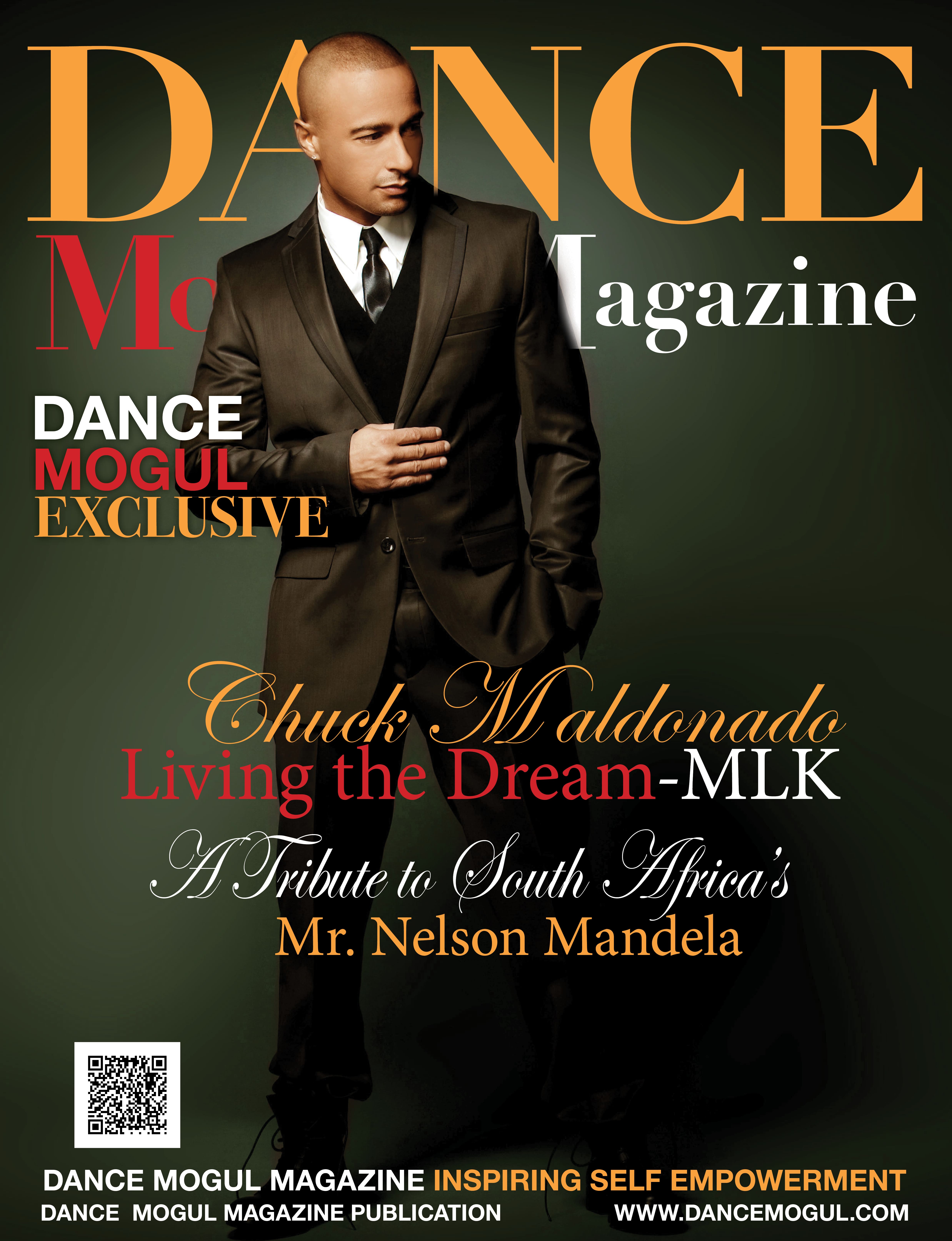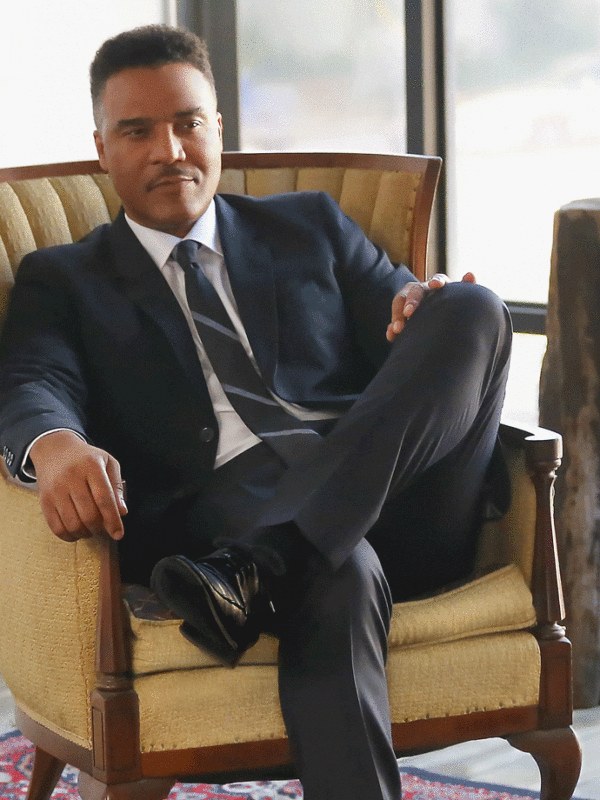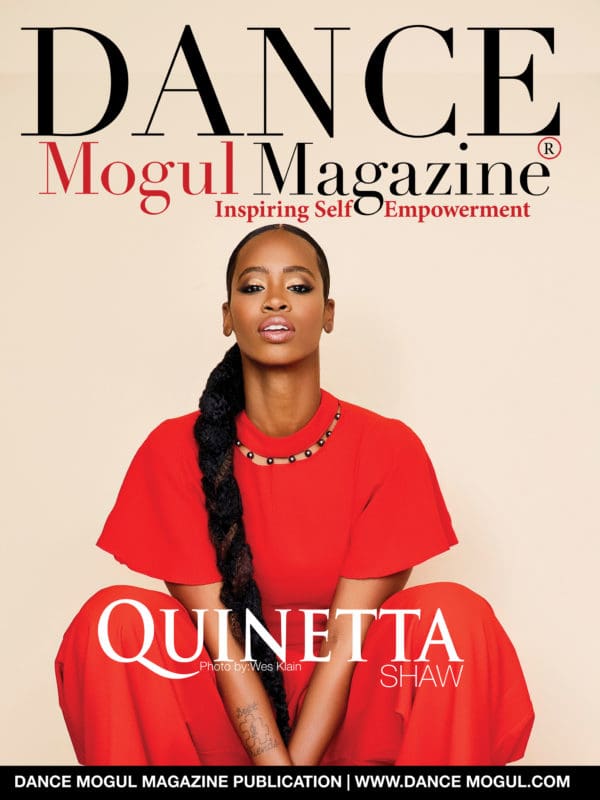View this post on Instagram
Dance Mogul: What went into that decision of pursuing dance, training, and higher education?
Saleemah: A lot of long hours. I think the one thing that me, my students, and my dance majors that are trying to do exactly what I’ve done and/or other things they want to do, that they don’t think about is the rigor; the physical rigor of dancing very long days and also being accountable for writing long papers. A lot of times the way dance functions in society is just as a form of entertainment. People don’t think of dance as an intellectual pursuit and those of us that have the opportunity to go to college, it takes a very strong-minded person to do the work. It takes a certain type of mental stamina in terms of getting through the physical rigor and the written work. In my position as a professor, managing, building curriculum and syllabi and all of my students that need to talk to me about things in the dance world, casting, and then having to fill the role of putting on a blazer and standing in front of a group of students because I teach GE’s for the entire school. In addition to that, there’s stuff I do outside of dance academia. It’s the constant recycling of information that becomes so apparent that it’s important and it’s needed. My goal is always to share with young dancers that it’s viable and it’s going to help them grow in so many ways and that it’s possible. A lot of dancers think ‘If I go to school, I’m going to miss out on all the opportunities. I’m not gonna be able to audition, I’m not going to be able to tour,” and I hope that hopefully, I’m living proof that you can. I try to be an example of how education, the written work, and physical embodiment can fit very nicely in your career.
Dance Mogul: How did you not get distracted?
Saleemah: Who said I didn’t get distracted? I originally started my master’s degree at UCLA and I think that when I was there, there were some things I wasn’t getting out of the philosophy of the program that wasn’t quite right for me. Instead of dropping out of school, I decided to use my time doing other things which were going to auditions. I did get distracted, I’ll be honest, but it was always distractions that were in my skillset. It was never just going to a party in LA. Some of the first opportunities I booked, I was very new to LA. I was like a kid in a candy shop like, what? Hollywood? Auditions? North Hollywood? Millennium? Everything was new and shiny and in this generation, they see the big red studio on Instagram, but it wasn’t like the way that it is now. It was really just a mystical place, so I got distracted. I am both a concert and commercial dancer so keeping up my rigor was important. So, again, I got distracted. But I got it done.
Dance Mogul: Did you have a plan in mind for what you were going to do after school?
Saleemah: God has always been ahead of me in my life. I have two incredible parents that really taught me how building a foundation in anything you want to do is going to take you so far. Knowledge is power. Once you know everything that you know and you’re the go-to person for that information, people can’t deny you. I remember even ten years ago when there were doors that I wanted to be open, and aside from being just the general idea that the dance world being such a niche market and only certain people make it, I’m very apparent that I’m also a body of color. So, there were certain things that I had to push through to be seen or heard. I remember sometimes I was the only one and it was because of my foundation and my education that put me “above” the other people. So, to answer your question, I didn’t necessarily know exactly what I wanted to do after college, but I had the skillset. So if any opportunity was presented to me, they couldn’t say no.
Dance Mogul: What commercial/concert opportunity did it for you? Your arrival opportunity?
Saleemah: One of the first big opportunities that started my path for me, I was like a child prodigy. My parents shuffled me along to an audition with a huge choreographer Donald {last name}. It was for the world premiere of the Harlem Nutcracker and I was twelve years old and I didn’t know what I was doing. I remember going in that audition and picking up the petit allegros and performing it in front of him. When I booked that job, it opened my eyes to all the possibilities of ballet and it was the first time I was in a setting where people looked like me. So, I realized, I really enjoy this and there are choreographers who get paid for their intellectual property. The reason why that’s one of the biggest influential moments is, later on when I did my master’s degree, I had to start my thesis off anecdotally. I was grinding the wheels thinking of how I could begin this and the first thing I thought was ‘Oh my goodness, the first time I ever realized black bodies existed in ballet was when I was twelve and worked with Donald {last name} in New York. So, I was able to thread that in there. In commercial dance, when I auditioned for the Lion King, it was 2008, which was a very hard year for my family. It was the year my father had passed away suddenly and I remember he passed away that July and three weeks later was the Lion King audition. I did not realize, when I booked the job, how emotional it would be for me. My father’s initials were L.K., and the first job I booked after his death was like the Lion King, and the story of the Lion King is about losing your father. So, that for me, was one of the impactful moments when I said “I’m doing what I’m supposed to be doing.”
Dance Mogul: How important is it that you support your kids in their artistic endeavors?
Saleemah: It’s tremendous. There are many people who don’t have their parents in their life so I want to acknowledge that if you can find that mentor that can really help you see it through, it’s very important. It’s so important that I think it’s at the head of everything I do as a creative. You have to have mentors and you have to be inquisitive.
Dance Mogul: When did feel like you needed to start branding and marketing and how has it been important to your success?
Saleemah: The branding, it’s intertwined with being an artist of color and getting credit for your work. Something that I’ve realized over time is that the dance world has a lot of work to do in terms of opening the doors for all people. Having one faculty of color or even two is still a form of extinction. Tokenism is a form of extinction. The branding was really driven by that. You will never see my post some of my choreography without putting my handle at the bottom right because I’ve had my choreography stolen. The branding became a necessity in order for me to get the credit I deserved.
Dance Mogul: What did the pandemic teach you in terms of dance and what it lacks in terms of sustainability?
Saleemah: It lacks a research arm that contributes to getting new information and a support system The dance world has to help itself. That’s where I think that getting your education does come in handy.
Dance Mogul: How does the whole genre help themselves when they’re receiving all these opportunities?
Saleemah: I think its starts at a base level of really educating dancers before they make the dance into the professional world. We have to enforce the fact that we do have support. If we don’t build those foundational things, we’re going to be back to where we are.
Dance Mogul: What do you have to look forward to this summer?
Saleemah: A lot. In the last seven weeks, I’ve been to nine cities under heavy covid parameters, working with Break the Floor. On top of that, teaching at USC Compton without the week and the school year’s over. This summer, I do work with a youth theater program and I hope to continue working with Break the Floor. They brought me as a guest this season, but it’s been well-received. I’m on a mission to get dancers back in shape and accustom to training and taking classes again.
